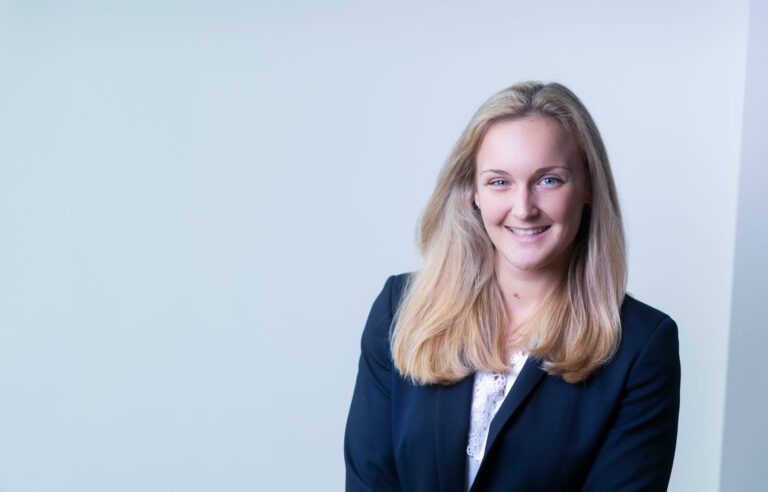Author
UK schools will close today, Friday 20th March 2020 and remained closed until further notice. However, an exception will be made for the children of key workers and for those children who are most vulnerable. Gavin Williamson justified this approach stating that “scientific advice shows that the settings are safe for this small number of children attending” whilst asking for other children to stay at home will help to “slow the spread of the virus”.
Key workers
The government said that “every child who can be safely cared for at home should be”. However, those who work within the public sector and whose continuing employment is deemed crucial to both the economy and in helping to battle the global pandemic may still be able to send their children to school. The Department for Education has now produced a list of these “key workers” whose children are prioritised for education provision if they cannot be kept at home:
- Health and social care – includes but not limited to doctors, nurses, midwives, paramedics, social workers, care workers and other frontline health and social care staff including volunteers;
- Education and childcare – includes nursery and teaching staff, social workers and those specialist education professionals who must remain active during the coronavirus response to deliver this approach;
- Key public services – those essential to the running of the justice system, religious staff, charities and workers delivering key frontline services, those responsible for the management of the deceased, and journalists and broadcasters who are providing public service broadcasting;
- Local and national government – only administrative occupations essential to the effective delivery of the coronavirus response or those delivering essential public services such as the payment of benefits, including in government agencies and arms length bodies;
- Food and other necessary goods – those involved in food production, processing, distribution, sale and delivery as well as those essential to the provision of other key goods (e.g. hygenic and veterinary medicines);
- Public safety and national security – police and support staff, Ministry of Defence civilians, contractor and armed forces personnel (those critical to the delivery of key defence and national security outputs and essential to the response to the coronavirus pandemic), fire and rescue service employees (including support staff), National Crime Agency staff, those maintaining border security, prison and probation staff and other national security roles, including those overseas;
- Transport – those who will keep the air, water, road and rail passenger and freight transport modes operating during the coronavirus response, including those working on transport systems through which supply chains pass; and
- Utilities, communication and financial services – staff needed for essential financial services provision (including but not limited to workers in banks, building societies and financial market infrastructure), the oil, gas, electricity and water sectors (including sewerage), information technology and data infrastructure sector and primary industry supplies to continue during the COVID-19 response, as well as key staff working in the civil nuclear, chemicals, telecommunications (including but not limited to network operations, field engineering, call centre staff, IT and data infrastructure, 999 and 111 critical services), postal services and delivery, payments providers and waste disposal sectors.
Vulnerable children
The government has also provided that amid the coronavirus pandemic schools will remain open for “vulnerable children”, who are:
- children supported by social care, i.e. who have a social worker; and
- children with safeguarding and welfare needs, including those on:
- Child in need plans;
- Child protection plans;
- “looked after” children;
- Young carers;
- Disabled children; and
- Children with an educational health and care plan (EHCP)
Pupils who are not children of key workers or vulnerable children will have to stay at home with appropriate care. The government has also said that this guidance should be followed by nurseries, private schools and sixth forms.
This will cause disruption to many parents who will now, if they are not already, work from home and look after their children. Many grandparents fall within the vulnerable category and therefore Boris Johnson has urged parents not to ask the children’s grandparents or older relatives to look after them. Covid-19 is affecting businesses and everybody’s day to day lives, but preventative measures should be respected so as to help slow the pandemic that the world is currently facing.
If you have any specific queries or concerns over how to respond to particular issues or would simply like to talk something through, please do get in touch with Hollie Suddards by email or by phone on 02076594631.
This article is for general information only and does not, and is not intended to, amount to legal advice and should not be relied upon as such. If you have any questions relating to your particular circumstances, you should seek independent legal advice. For further information on Michelmores’ Education Practice, please contact Tom Briant-Evans.
Print article

